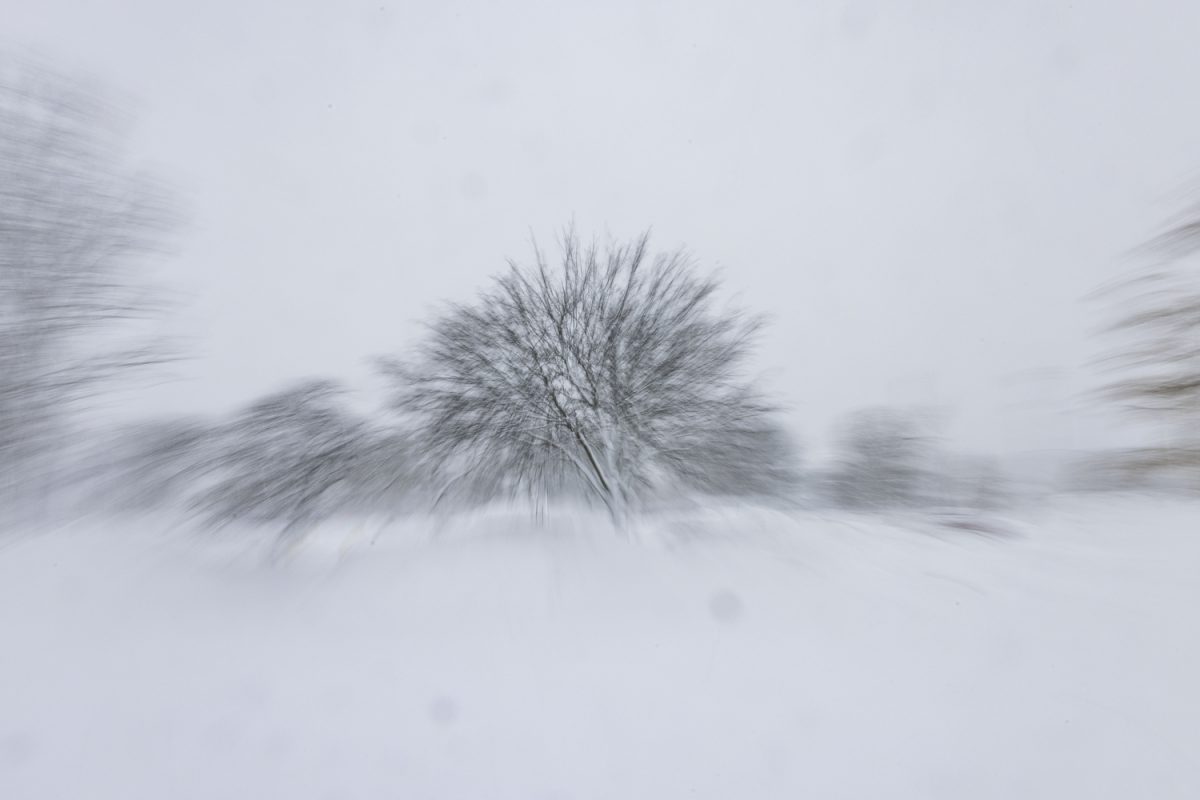When the much-awaited winter break approaches, students usually anticipate catching up on sleep or binge-watching their favorite shows after a semester loaded with assignments, projects, and exams.
Sometimes, however, neither sleep nor TV can help people relax or escape stressful schedules. Every day, when we wake up and look at the gloomy weather, a sense of sadness begins to take over.
Some of us notice this pattern every year. Winter, with a lack of sunshine, makes us dreary. According to the National Institute of Mental Health, sadness accompanied by symptoms such as oversleeping, changes in appetite, and social isolation for at least two consecutive years, may be signs of Seasonal Affective Disorder, or SAD.
Although symptoms may be noticed by those who experience SAD, it is often dismissed as a “normal” seasonal cycle. We must clear all misconceptions about SAD, because “misrepresenting” any mental illness is dangerous.
According to Johns Hopkins Medicine, SAD usually occurs in late fall through early winter. The symptoms of SAD include hypersomnia, or excessive sleeping, as well as anxiety, social withdrawal, fatigue, inability to focus, changes in appetite, and carbohydrate cravings that can lead to weight gain.
According to the American Psychiatric Association, SAD affects nearly 5 percent of the adult population in the U.S. The general population must be made cognizant of this disorder. The feelings of depression and anxiety that follow a seasonal cycle should not be dismissed; they require psychological intervention.
SAD especially affects college students because they endure the stress of living away from home in addition to pressure and adjustment to new academic and social environments. These stressors can help prepare them for the world–but at a cost. We can aid students in this transition by educating them about neglected mental health issues like SAD.
Mayo Clinic recommends devising a treatment plan, such as a visit to a therapist, before the onset of the SAD season. Treatment options also include light therapy, exposure to light brighter than indoor lights, which restores the brain’s circadian rhythm, and cognitive behavioral therapy.
There are also certain self-care options that help relieve symptoms, such as exercising, doing indoor or outdoor activities that one enjoys, and connecting with friends and family.
When those “winter blues” linger and seem to disrupt routine activities, they cannot be dismissed as a minor seasonal issue. More people should be educated on the symptoms so they can know when to seek
appropriate treatment.













